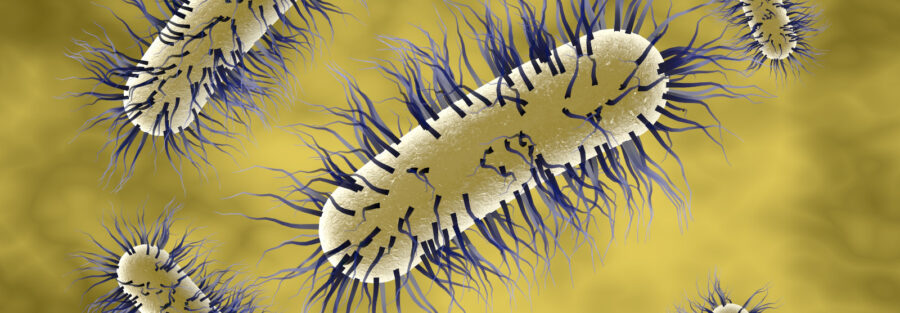For a microorganism to be considered probiotic, it must, according to the World Health Organization (WHO) and the Food and Agriculture Organization (FAO) be “live microorganisms that, when administered in adequate amounts, confer a health benefit on the host.”
Now a new paper has translated this general definition into “four simple and pragmatic criteria allowing one to conclude if specific strains of microorganisms qualify as a probiotic for use in foods and dietary supplements.”
Chair of IPA’s Scientific Committee Arthur C. Ouwehand PhD along with seven foremost probiotic experts — Sylvie Binda PhD, David Obis PhD and Bruno Pot PhD are also on the IPA Scientific Committee — have collaborated with scientists from the International Scientific Association for Probiotics and Prebiotics (ISAPP) and published these criteria as well as how the specific conditions or standards can be assessed. Criteria to qualify microorganisms as ‘probiotic’ in foods and dietary supplements appeared in Frontiers in Microbiology online in July 2020.
The researchers concluded that probiotic strains must be:
- Sufficiently characterized
- Safe for the intended use
- Supported by at least one positive human clinical trial conducted according to generally accepted scientific standards
- Alive in the product at an efficacious dose throughout shelf life
“The wide adoption of these criteria is necessary to ensure the proper use of the word probiotic in scientific publications, on product labels, and in communications with regulators and the general public.”
Read this important paper for extensive details on each criterion and an explanation on why industry, scientific publications, regulatory bodies and the public will benefit from heeding this framework.
Primary Sidebar
Categories
- Clinical Corner (74)
- Counsel Corner (4)
- IPA News (62)
- Market Trends (88)
- Microbiome Environment (137)
- Uncategorized (288)
© International Probiotics Association


